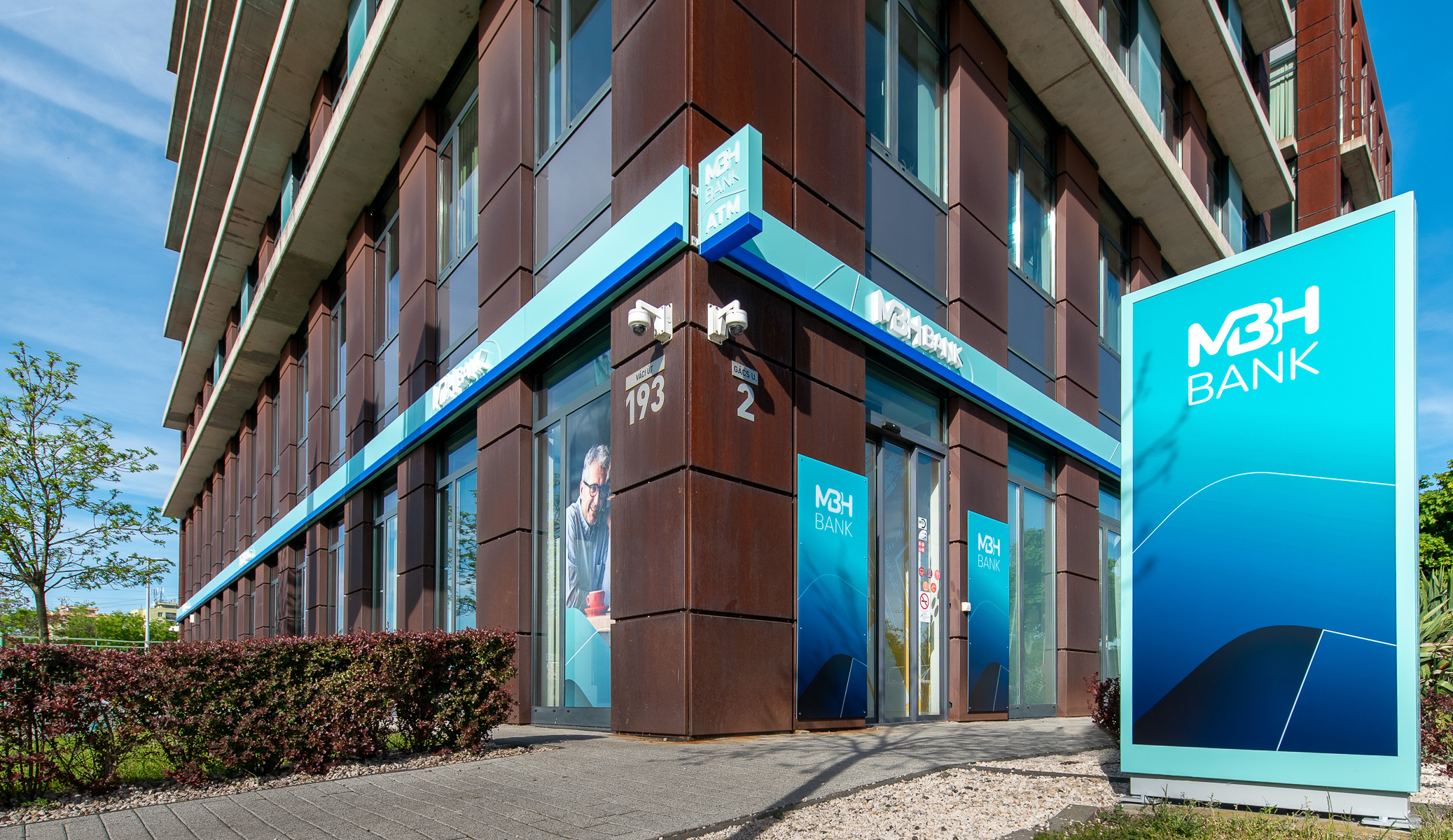Here comes the ad tax

Another extraordinary tax – this time on advertising – was proposed to Parliament by the government on Wednesday, and now looks likely even given the European Commission’s recommendation to lift the Excessive Deficit Procedure (EDP) against Hungary.
The cabinet decided to submit a proposal to Parliament on the introduction of a tax on advertising at its meeting on Wednesday, government spokesman András Giró-Szász confirmed.
Prime Minister Orbán mentioned the advertisement tax for the first time just a week earlier, when he said it should be introduced parallel to an increase in the financial transactions duty, the bank levy and the energy tax to ensure that the Excessive Deficit Procedure against Hungary was lifted. The economy ministry published a draft of the tax last Friday and the government had already decided to accept it as a proposal at Wednesday’s regular meeting, even if news regarding the EDP turned in Hungary’s favor meanwhile.
A tax on advertising is not a new idea in Hungary. It was first proposed back in 2000, when the government would have been taken 6% of all advertising income of printed and electronic media in an extraordinary levy. However, the first Fidesz-government didn’t supported the idea (proposed by its own MPs), and turned it down.
At a meeting of the National Reconciliation Council in 2008, unions proposed a 3% tax due to the aggressive bank loan advertisement practice. This proposal would have collected the tax from the ordering companies and online sites with advertisements, but that proposal, too, failed to garner any support.
Again, before the 2010 general elections, far-right party Jobbik said a tax on advertising was a good idea, and it wasn’t rejected out of hand by the center-right MDF, then still a parliamentary party, or the newborn, but not yet in parliament left-green LMP. But with Fidesz winning the elections, all these ideas were quickly forgotten. Until now.
While the government’s intention in introducing the new tax is clear, any detail on the new tax is still subject to guesswork. Based on previous ideas, a 3-6% levy on the sector would lead to a budget income of HUF 5-10 billion, even if the Hungarian media market shows clear signs of war weariness, even without additional taxes. Last year, HUF 174 billion was spent on advertising, below even the HUF 176 billion recorded in 2006. According to the Hungarian Advertising Association, ad spend fell by 2.9% in 2012, but in areas like television and the printed media, the decrease was more than 10%.
SUPPORT THE BUDAPEST BUSINESS JOURNAL
Producing journalism that is worthy of the name is a costly business. For 27 years, the publishers, editors and reporters of the Budapest Business Journal have striven to bring you business news that works, information that you can trust, that is factual, accurate and presented without fear or favor.
Newspaper organizations across the globe have struggled to find a business model that allows them to continue to excel, without compromising their ability to perform. Most recently, some have experimented with the idea of involving their most important stakeholders, their readers.
We would like to offer that same opportunity to our readers. We would like to invite you to help us deliver the quality business journalism you require. Hit our Support the BBJ button and you can choose the how much and how often you send us your contributions.







